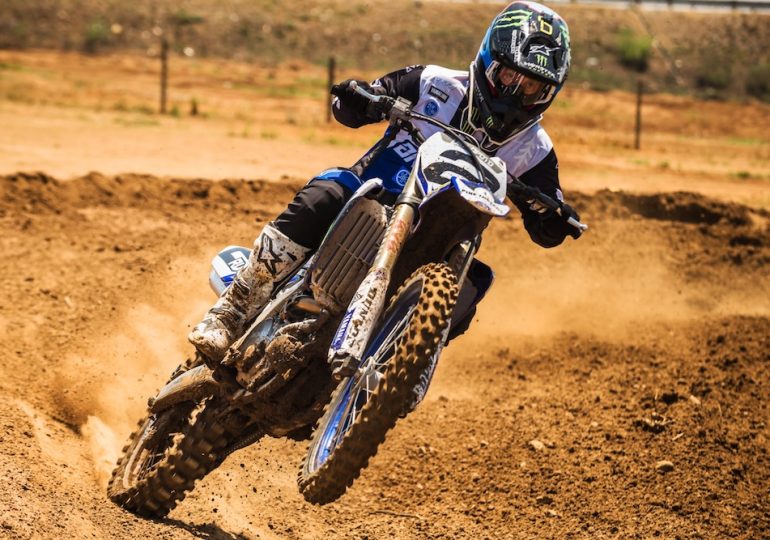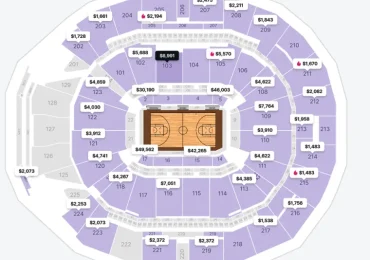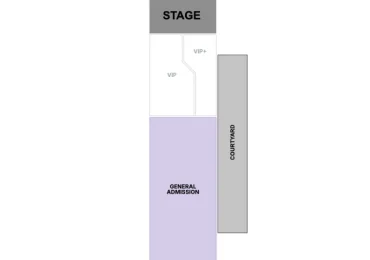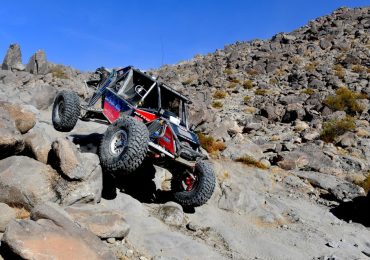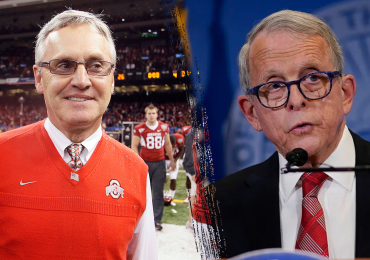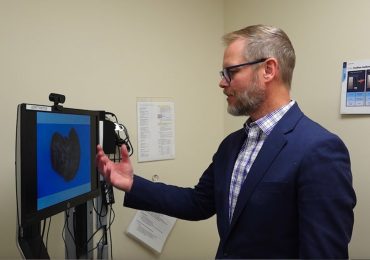American motocross ace Ryan Villopoto called time on his racing career in 2014. At that point, the Monster Energy Kawasaki racer had earned four supercross championships, two AMA 450MX championships, three AMA 250cc motocross championships and had been a member of victorious Team USA racing efforts at the Motocross of Nations titles in 2006, ’07, ’08 and ’11. Somewhat shy amid media attention during his career, Villopoto quietly went about his winning ways of becoming and establishing himself among the fastest riders in the world.
At this year’s season-opening Supercross round in Anaheim, where his own career took flight, Villopoto reflected on his amazing career.
Opening night for Supercross. Always good to be at Angel Stadium for the opening round, isn’t it?
Yes, it’s good. Anaheim is always major. It’s the kickoff of the season for supercross and motocross and all of our racing. There is a lot of hype around it. It’s two of our races at an iconic stadium and we’ve been racing in this stadium forever. It’s just 15 minutes down the road from my house, so my kid Gage came out with me this morning and I’ve got the wife and the other boy coming out this afternoon. Gage wouldn’t let me leave the house today unless he was with me.
When you’re a high level athlete, in any sport, it’s sometimes tough to juggle everything everyone is asking for and to get pulled in 20 or 30 different directions. And then also you’re getting pulled in those 20 or 30 directions because you’re producing wins. And that’s always number one — being able to produce wins. So very high level athletes compartmentalize very well. We know the job description is to be the best we can be and win as many championships and races we can.
Whether it was you back in the day, or the Monster Energy Pro Circuit Kawasaki riders here beneath the awning today in 2025, to be a racer at this level requires a lot, doesn’t it?
Yeah, I mean think, about it: You have the 250 class and the 450 class. Current rules are that you can turn pro at 16 years old and to be thrown to the sharks inside of a stadium and to be on these factory teams — it’s a lot to take in. And there is a lot of stress that gets brought with that and you still have to perform. That’s what makes the greats, though. It is the ones that can perform amongst all of the pressure and the new and shiny. There’s only a few greats every so often.
The fierce sporting culture here can be hard to deal with, can’t it?
Exactly. It’s obviously great to have a factory team behind you and to have budget behind you, but from a racing standpoint, this is still one of the only motorsports where the athlete is more important than the machine. Even factory teams deal with issues or bike setups being off and guys can still produce wins on a bike that is maybe subpar to their competitors. That comes down to the drive and the will and the skill level that the athletes have.
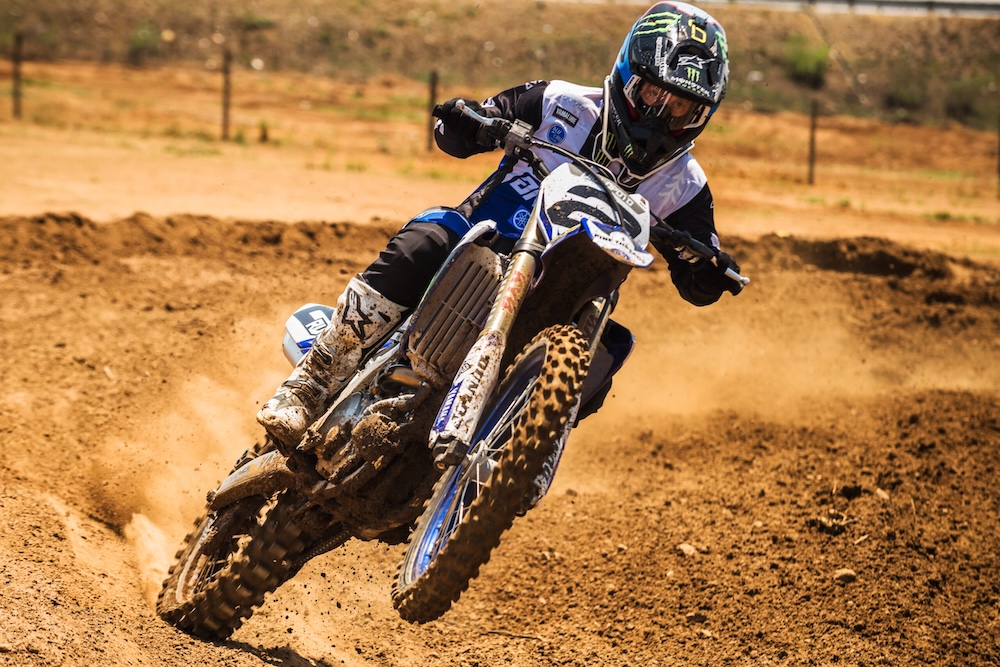 We all talk about the physicality of this sport, but isn’t there a lot required mentally, too?
We all talk about the physicality of this sport, but isn’t there a lot required mentally, too?
Yes, a lot of it is mental with all the pressure, all the people expecting you to produce. That brings a whole set of new challenges with it. And like I said, there is the compartmentalizing and being able to go out and free practice and crash, or with the bike setup being off, or coming back to the truck and downloading the issues and then hopefully fixing those issues. Then you have to forget about in 15 minutes and go back out with an open mind and attack the track. You can’t be thinking, ‘Hey, last practice I was off.’ That’s huge.
This stuff, it’s actually hard to talk on because only a select few ever get to understand what it’s like. For myself, I dealt with it, but to put it all into words, it’s almost even harder. Then you add in injuries and being sick, and, ‘Hey, we’ve been at this for 12 weekends straight already, but we have another four weekends to race before a break, and then there are four more weekends before it’s over.’ So there is just a lot that as an athlete, you have to manage.
That’s where a great team comes into play. Yes, was I fast, great and one of the best? Yes, but it all came with the team. Sure, when you would go down to the qualifiers or for the main event, yes, it’s all on your shoulders. Every day and hour leading up to qualifier or main event is a team effort.
So you have to be all-in, all the time?
It’s tough, you know? They look at us as these special characters or not normal people, but the bottom line is we are all still human beings. Even now people will say to me, ‘I don’t know how you do this.’ Even now, I mean I retired here in the States back in 2015, and I still walk through the pits and it’s hard to get places because people want photos. Can you imagine if you were here to race and you were trying to go from autograph signing to here or there as an Eli Tomac or as a Jett Lawrence? Don’t raise your eyes, don’t raise your head, look down at the ground, and when they call your name 100 times, don’t even flinch. If you flinch for one second, you’re not going anywhere. You’ll be stuck signing autographs for 30 minutes. Which is great because they want that. But Saturday is our workday. That’s the thing that either I wish fans could understand more. It’s just controlled chaos.
That’s why great athletes can compartmentalize. And part of that is to be rude. It’s a rough way to say it, but you can’t just be accessible to everybody every hour of the day, you know? Some guys get a bad rap on it. I’m sure I did. I know I was hard to a lot of people or didn’t give them the time of day. The crazy part about it is when I did turn pro, everybody said, ‘Take it all in! take it all in because before you know it, it will be over.’ And eight years later, I decided that it was over. You go from the bottom of the totem pole to the top of the totem pole. And then you work your way back down and everybody you saw on the way up you see on the way back down.
Whether you’re a mechanic or a truck driver or a racer, everybody deals with it. Everybody is on the road for basically 10 months. I only know these things now at 36 years old. If you would have asked these questions when I was 30 years old, my opinion would maybe be different, so age has a lot to do with that, too. It brings perspective. Now I have kids. When my mom and dad did this with me, it was a struggle to do it. We didn’t have excess funds. My outlook on all this is a little bit different than my dad’s. That means we’re going to do this as a hobby. Yes, my kids like to do it. It’s the only thing I know. And it’s the only thing I know in how to build character with my kids. I never swung a hammer. I didn’t sit behind a desk. From a work ethic standpoint, this is where I teach my kids how to work. If they end up getting a desk job or working for Monster Energy, or doing this, or working for a team, they’re going to know how to bust their ass because this is the only outlet that I know how to teach them the work ethic side of it.
You’re going to have tough days where Dad is going to be yelling at you. And you can get hurt. I grew up doing it and it’s the only thig I know. It’s just like every one of us that work in this industry. It’s the only thing we know. It is super cool.

